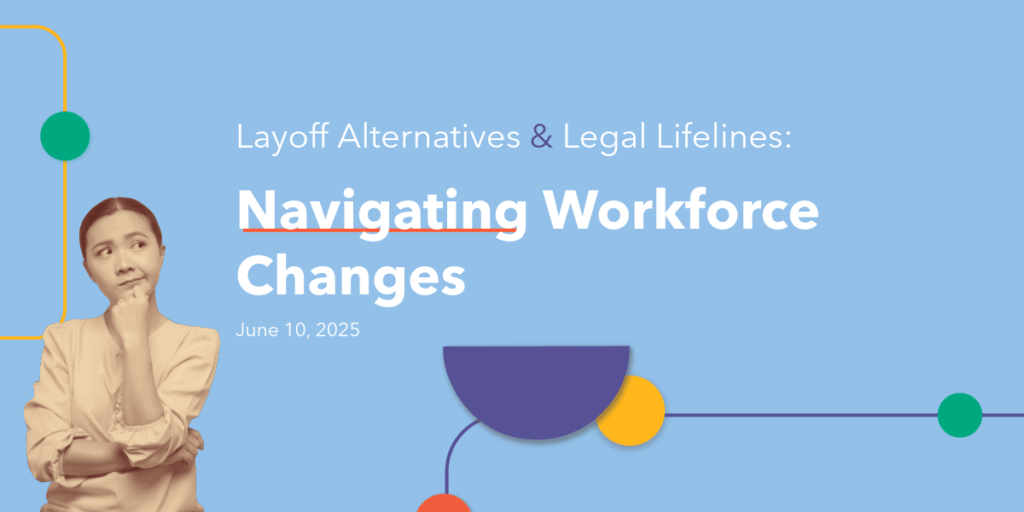In this fifth article of our seven-part series, we delve into the importance of staying current with HR policies and compliance to foster a fair, productive workplace and steer your small or medium-sized organization toward success.
Why Compliance and Updated Policies Matter
Workplaces are dynamic and constantly influenced by changes in society, new technology, and the law. These changes require regular updates to human resource policies. An outdated employee manual, which lacks guidance on modern issues and standards, leaves employees in the dark and can lead to misunderstandings.
Keeping policies updated serves several vital purposes. It helps you align the workforce with the company’s goals and values, promotes a positive company culture, and minimizes confusion and conflict within the organization. This is particularly important as businesses grow, rebrand, or navigate the shifting landscapes of employment laws.
Key Reasons to Update Human Resource Policies
Some of the key reasons to stay on top of your HR policies include the following:
Adapting to Organizational Growth
Expansion introduces new dynamics within a company, including adding staff and forming new departments or teams. This growth phase is a great time to reassess your HR policies to ensure they remain applicable and supportive of a larger, potentially more diverse workforce.
Reflecting Changes in Brand and Strategy
As companies evolve, their branding and strategic goals may shift. HR policies should mirror these changes, reinforcing a unified message to all employees about the company’s culture, values, and objectives.
Staying Ahead of Legal Compliance
Legal compliance is a moving target, with employment laws frequently changing. To avoid the risks and penalties associated with non-compliance, businesses must swiftly incorporate changes in legislation into their HR policies.
Responding to Incidents and Policy Violations
Policy violations or other incidents occasionally reveal gaps or shortcomings within current HR frameworks. Such situations should prompt a thorough review of relevant policies, ensuring they effectively prevent future violations and are aligned with best practices.
Acknowledging Societal Shifts
Societal values and norms evolve, and organizations must reflect these policy changes. This may involve updates to policies on diversity and inclusion, remote work, employee wellness, and more, ensuring the company remains a welcoming and progressive place to work.
The Risks of Ignoring Compliance
Ignoring the need to comply with evolving employment laws can have costly consequences. Fines and legal disputes aside, non-compliance can tarnish a company’s reputation, making it challenging to attract and retain talent. It may also lead to a breakdown in employee trust, lower morale, and ultimately, deviate from the company’s intended direction and vision.
For instance, consider the impact of not accommodating updates in employment laws related to workplace discrimination or harassment. Such an oversight can lead to incidents that damage the company’s culture and public image, resulting in an unsafe and undervalued workforce.
Essential Policies for Every Business
To safeguard against these risks, there are several vital policies every company should implement:
- Conduct and Behaviour Policies: Clearly outline expectations regarding employee behaviour, including working hours, ethics, etc. This sets the tone for the workplace culture and ensures everyone understands appropriate conduct. Often these are part of an Employee Handbook.
- Equality and Non-Discrimination: These policies affirm the company’s commitment to a fair and inclusive workplace and outline procedures for reporting and dealing with discrimination and harassment.
- Health and Safety: Every business must ensure a safe working environment. Policies should cover everything from emergency procedures to daily health and safety practices.
- Data Protection and Privacy: The digital age requires protecting sensitive information. Policies should comply with data protection laws and outline employees’ responsibilities regarding confidentiality and security.
- Absence and Leave Policies: Staff should be encouraged to utilize vacation and be informed on the options they have regarding unanticipated leave needs. Clear leave policies can help create a positive culture around leaves, ranging from the business maintaining smooth operations to staff having the ability to focus on personal matters or life events without having to deal with lingering work-related stress.
Updating Human Resource Policies: Best Practices
So, how often should these policies be reviewed and updated? Ideally, whenever new legislation affecting your business is passed, but at a minimum, once a year. Legislative changes, company growth, brand evolution, societal shifts, or incidents within the company could all require a policy review.
Updating policies doesn’t have to be a daunting task. View it as an opportunity for growth and improvement. Regularly scheduled reviews, such as at the end of each year, allow businesses to adapt to changes and maintain a healthy, productive, and compliant workplace.
Having someone dedicated to following legislative modifications that popup throughout the year, like an HR professional, can help catch any required changes which fall out of scope of an annual review.
Conclusion
Compliance and up-to-date human resource policies are regulatory requirements and strategic tools that safeguard a company’s direction, morale, and vision. Ignoring the importance of compliance and policy updates can lead businesses into problems, affecting their ability to attract and retain talent and ultimately impacting their success. For this reason, companies are advised to stay informed, vigilant, and proactive in updating their policies. Turn to reliable experts in small business HR for assistance.
Keep an eye on our upcoming article, “Embracing HR Technology in Small and Medium-Sized Businesses.” In this piece, we will explore the advantages offered by HR technology solutions, showcasing how digital platforms can streamline HR-related activities and elevate productivity in small—to medium-sized enterprises.










